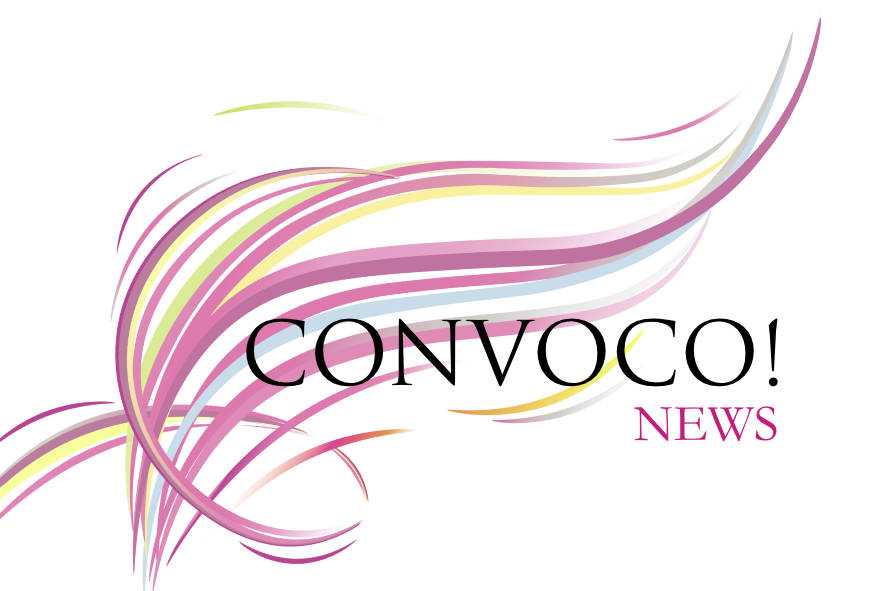At this year’s C! Forum, we asked our participants questions on the topic of freedom. Here are their answers.
Is freedom of thought under threat?
Video statement by Prof. Tim Crane

What does history teach us about the tension between freedom and other collective goods?
The French Revolution introduced the great promise of liberty, equality, and fraternity. As the state expanded, tensions arose between collective goods such as liberty, equality, and fraternity and the ideal of personal, civic freedom. This is best seen in the relationship between liberty and equality. The French revolutionaries thought that equality and liberty belong together, but today we know that by invoking equality, liberty can be undermined. This tension between individual and collective goods is still with us today.

Do you think there is a current trend for freedom to be dominated by equality?
Yes. After the fall of the Iron Curtain, freedom was generally dominant—liberal thinking, deregulation, lowering of taxes, more market, and a smaller state took precedence. But this situation reversed with the financial crisis of 07/08, when confidence in free markets dwindled and the state had to step in to help. Recent crises continued this trend. The pandemic is one of them. The state was quickly called upon to restore equality in living conditions. This focus on equality is noticeable not only in the economic sphere. Take the environmental sector: if we make polluting activities more expensive, short-haul air travel for example will not be affordable for everyone. Thus some people are already pleading to ban it altogether. The tension between freedom and equality is increasing. I think equality is dominant.

Would a tax-funded universal basic income lead to more freedom?
Proponents of the universal basic income claim that it would mean more freedom. However, this is not freedom from the state, because ultimately the basic income makes you totally dependent on the state. Only self-generated income leads to real freedom.

How much state intervention is necessary for freedom?
The state has the important mandate of enabling personal and economic freedom. These freedoms are not only the foundation for economic prosperity and development. For many people, freedom is a value in itself for which they would also make some sacrifices. The need for freedom conflicts with the desire for protection and security. The state also has a mandate to provide protection and security. Some even believe that it should protect us from making self-harming behaviors or choices. This is where paternalism begins, massively restricting freedom. We desire protection and security, and we desire freedom. The balance between the two goals is defined very differently by each individual. Personally, I value freedom more than protection, but that is an individual choice. It is the process of political aggregation that ultimately decides the balance.

Do national security concerns justify restrictions on freedom?
Freedom is given to us, but it is not without preconditions. It depends on conditions that we have to renew again and again, and one of these conditions is security. Freedom cannot be lived if one is not safe. The state must create a framework within which freedom can be realized. Europe learned this through many wars. This experience is now being lived in other parts of the world. The right balance between freedom and security is the best precondition for Europe to continue practising freedom to the extent we are used to.


